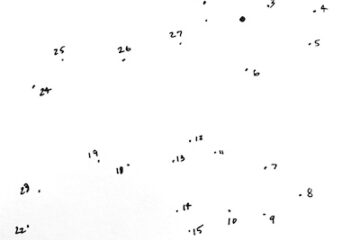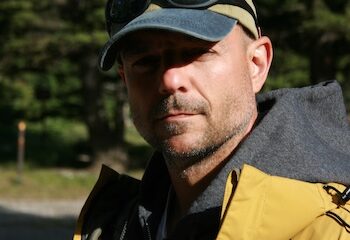Forget process. Just create.
Sometimes, as an author coach, I feel embarrassed to tell people that I do not have a creative process. That feeling passes quickly, though.
Everyone assumes that because I’ve published nine books and can call myself an award-winning and best-selling author and editor (I have receipts), I must of course subscribe to and faithfully execute a highly disciplined, rigorous process.
I do not.
Do I write every day? No. Do I have a dedicated space for my creative work? No. Do I eliminate all distractions when I write? No. Do I write on paper, on my phone, on a laptop? Yes, at different times. Am I familiar with the specific branded method you just quoted? Unlikely.
I do not have a creative process. I just create.
Over the last 35 years, I’ve found a few things that seem to work pretty consistently for me. These include
- Working in crowded, noisy cafés
- No outlines!
- Finishing a full first draft before editing any of it
- Keeping the story to myself until the first draft is done
- A “lights in the fog” approach
- Reading the last page I wrote last time as a way to warm up for this time
- Having someone to check on my progress
Your mileage may vary. In fact, my mileage may vary. Each project is unique, and I learn something new with every one. For example, I find outlines stifling, but I needed an in-depth outline for Take Your Time.
People who have been successful in other pursuits (executives, doctors, entrepreneurs, etc.) seem especially committed to the hunt for a canonical right process. They read all the writing books and magazines. They watch interviews with people who have done it. They attend conferences.
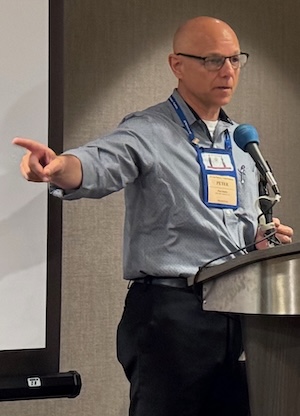
And although they collect a ton of “it must be done this way” advice, they never seem to turn that advice into progress. (Until they start working with me, of course. Then they become unstoppable.)
The right process is a red herring. You can’t create something by studying how to create it; you create something by doing the act of creating. In the same way that you won’t ever get good at golf by reading golf books and listening to interviews with golfers. You get good at golf by doing the act of golfing.

Studying the masters is an excellent way to understand what greatness looks like. It’s a mistake, however, to think that if you just follow the same process some master did, you will suddenly achieve greatness.
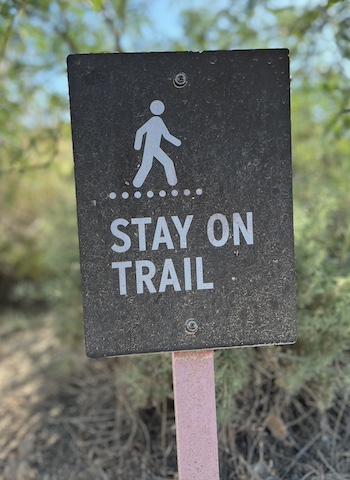
It’s also a mistake to think that the masters were masterful in their first go. I once read that nearly all the most famous authors didn’t get published until their third or fourth manuscript. Semper, the first book I published, was my fourth full manuscript. I am not surprised it’s the first one I thought truly worthy of publication.
So, the good news is you can stop wasting your time and money in the hunt for the ideal creative process. It doesn’t exist.
The bad news is you’ll need to find a new excuse for your lack of progress.
Or, worse, you’ll need to actually start doing the thing you’ve been wanting to do for such a long time. That’s when it really gets hard. That’s when it becomes worthwhile.
When you’re ready for that, give me a call.
Connect with me
Schedule a consultation session now or drop me a line.
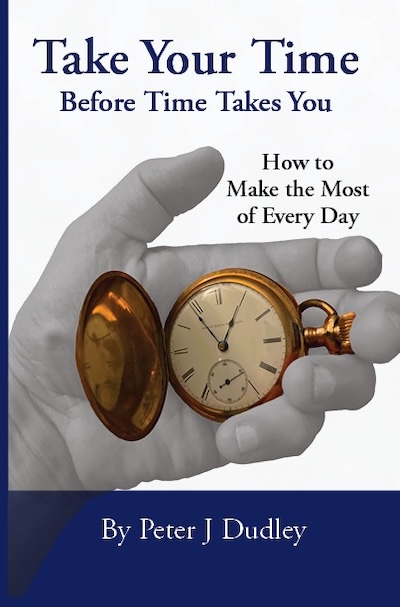
With Take Your Time Before Time Takes You, learn to make the most of every day through thought-provoking exercises and perspective-twisting stories. Get it now in paperback or ebook.
“It changed my life.” – TP, client
“A go-to guide for people who want to improve their lives but don’t know where to start.” – MJ, earlier reviewer

RELIT: How to Rekindle Yourself in the Darkness of Compassion Fatigue gives practical, actionable advice on avoiding and overcoming compassion fatigue and caregiver burnout. My chapter explains how I stay centered and focused so I can give every client my best, every time.
Download my chapter for free: Show up. Try hard. Be nice.
Or just go buy the whole book. It’s worth it.
